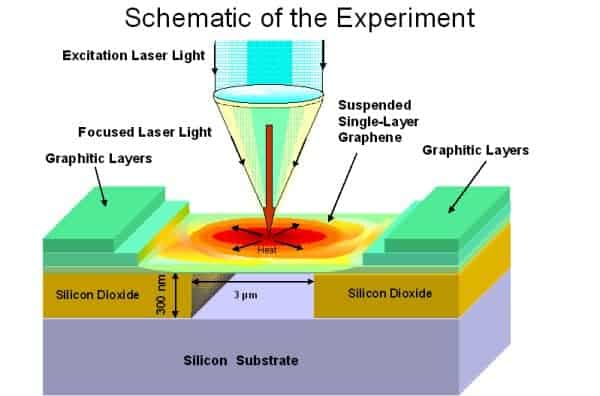
Does Silicon Dioxide Conduct Heat. Due to the absence of free electrons within the molecular structure silicon dioxide is a very bad conductor of electricity and acts as an insulator. Due to the tetrahedral structure the melting point of silicon dioxide is very high. The thermal boundary resistance between the oxide layers and silicon is. However I think that if it does not react with acid will it react with bases.

The conductivities of TG and CVD layers are less by as much as 18 and 30 respectively than the conductivity of bulk fused silicon dioxide. It does not react with acid. It is also a source of silicon of course. The conductivity of Silicon gets better with increasing the temperature of it. The strong silicon-oxygen covalent bonds get broken at very high temperatures close to 1700 o C. It does not decompose with heat.
Fluorine when reacted with silicon dioxide it produces SiF 4 and O 2.
16 Zeilen Silicon dioxide SiO 2 is one of the most common and also one of the most important materials in the world as it is the basis for our windows beaches and wine glasses. I am just curious because if it does react why does my textbook not say anything about that. It is used as in insulator inside integrated circuits because it can be grown on the sio2 wafer by exposing it to steam. Yes Silicon does conduct electricity. As such the thermal conductivity TC of the bulk material is well documented. Silica when ingested orally is non-toxic.